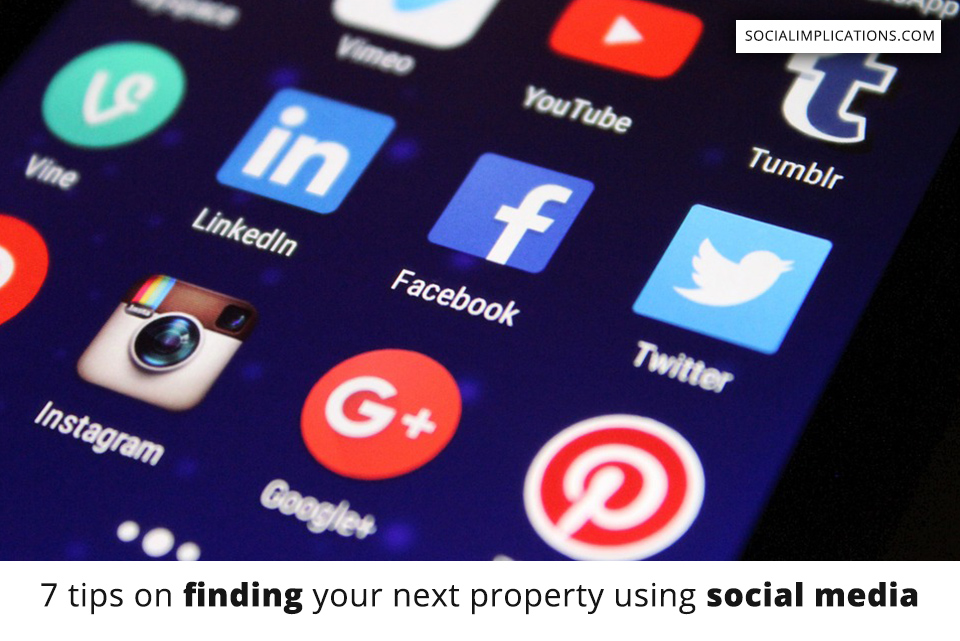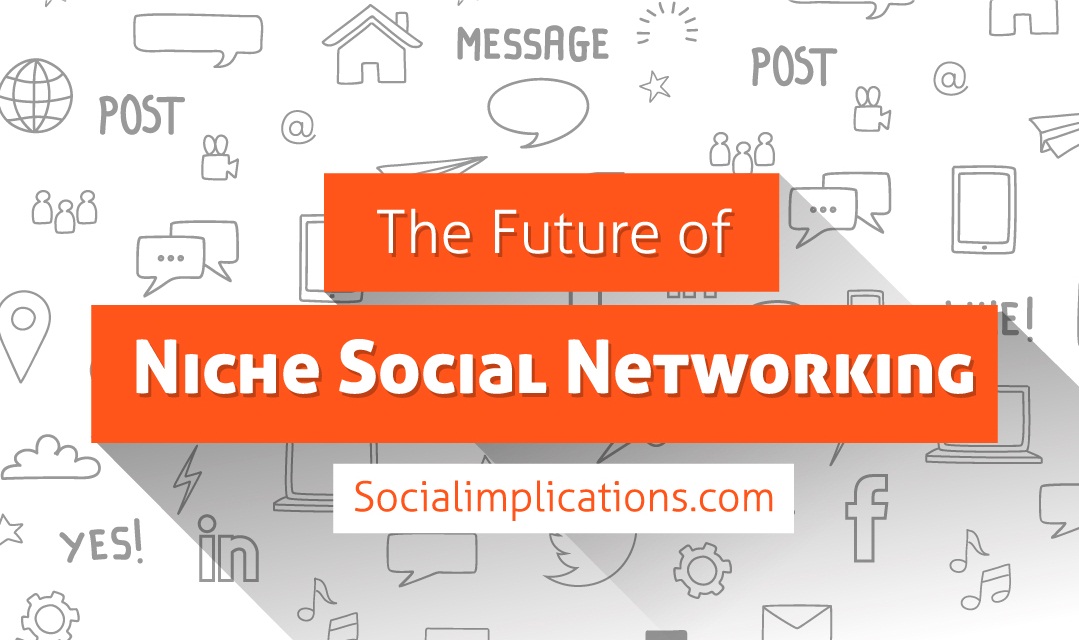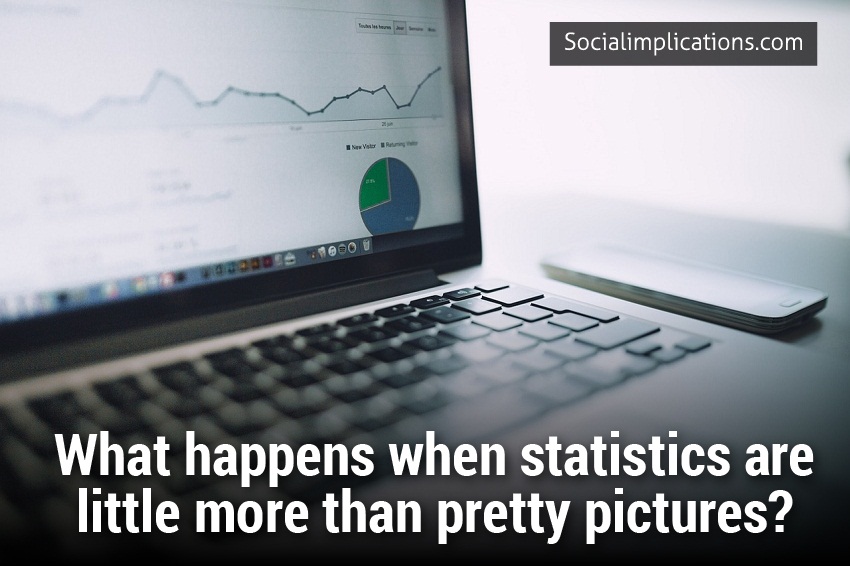You know that it’s important to build your network or community when you use social media tools. But it’s equally important that you maintain that community if you really want to benefit from social media use. Whether you use these tools for personal or business networking, there is little point in engaging via social media if your friends and followers no longer care about what you have to say.
Let’s look at three things that might alienate your friends and followers when you use social media tools so you know what not to do.
1. Talk only about yourself.
People don’t follow you or “friend” you on social media sites solely to hear you talk about yourself. They want you to share information they find interesting. They want you to listen to them. And they want you to talk to them. That’s what social networking is about — not solely broadcasting information.
If you give friends and followers what they want, they’ll have more of a reason to pay attention when you do have something to share about yourself. In other words, you can’t be a one trick pony when it comes to social media.
2. Constantly shove products and services down people’s throats.

If there is anything more obnoxious than someone who talks only about themselves, it’s someone who talks only about what they’re selling. Unless you have a social media account with the sole or primary purpose of sharing deals for your products and services, most of your friends and followers probably don’t care and don’t want to send you money.
Stop telling your followers about a webinar you’re offering every couple of hours. Don’t mention your new e-book or software release every time you log into your social media accounts. Don’t beg for new clients to hire you. People who over-promote come across as both annoying and desperate — not qualities that potential buyers find attractive.
Make sure you put more personal networking first and leave promotional posts or tweets as supplementary content. Followers won’t feel like they’re being used and you can build more business-oriented goodwill in the process.
3. Delete your social profiles.
If you really want to alienate friends and followers, delete one of your social media profiles. Then try to get them back. It likely won’t happen. I have a cousin who used to do this with a social media profile whenever she went through an angsty teenage phase. Eventually people stop caring about what you have to say.
A colleague I adore did this recently as well — deleting a Twitter profile rather than simply not posting there anymore. While I stay in touch with that colleague, I probably wouldn’t network much with her via Twitter or recommend others follow her account. Why? Because when you delete an account you affect your followers. If they’ve linked to you, they suddenly have a lot of tweets that make no sense and links that need to be fixed (if they mentioned your account elsewhere).
You should never go out of your way to burden those in your network unless it’s absolutely necessary. In most cases a tweet or post saying this account will remain dormant is better than full deletion.
Has anyone in your social network alienated you, either making you want to ignore their updates or unfollow them altogether? If so, what did they do? What would you have preferred them to do? Share your thoughts in the comments below.
Featured image credit: Fotolia.com














I totally agree about not using social media as advertising. For one, there are plenty of ads hanging around everywhere. Also, I don’t want to play games with you. You asked once and I declined. You asked again and I still declined. The third time I’m annoyed. The forth time you are getting unfriended.
Games are one of the reasons I stayed away from Facebook. My guy loves to play their games. And sometimes I’ll watch him and when he’s begging someone for this or that I just think about how incredibly obnoxious that is — both having to wait on friends before you can progress and the feeling of obligation. If there was any real substance to the games like people playing an RPG together, that’s fine. You actually do something together. But the fact that these are considered social games is really beyond me.
People who post way too often, like all day long. Posting links and long diatribes about one subject over and over. My email is clogged with notifications. Enough already! Go read a book or go out with friends in real life!